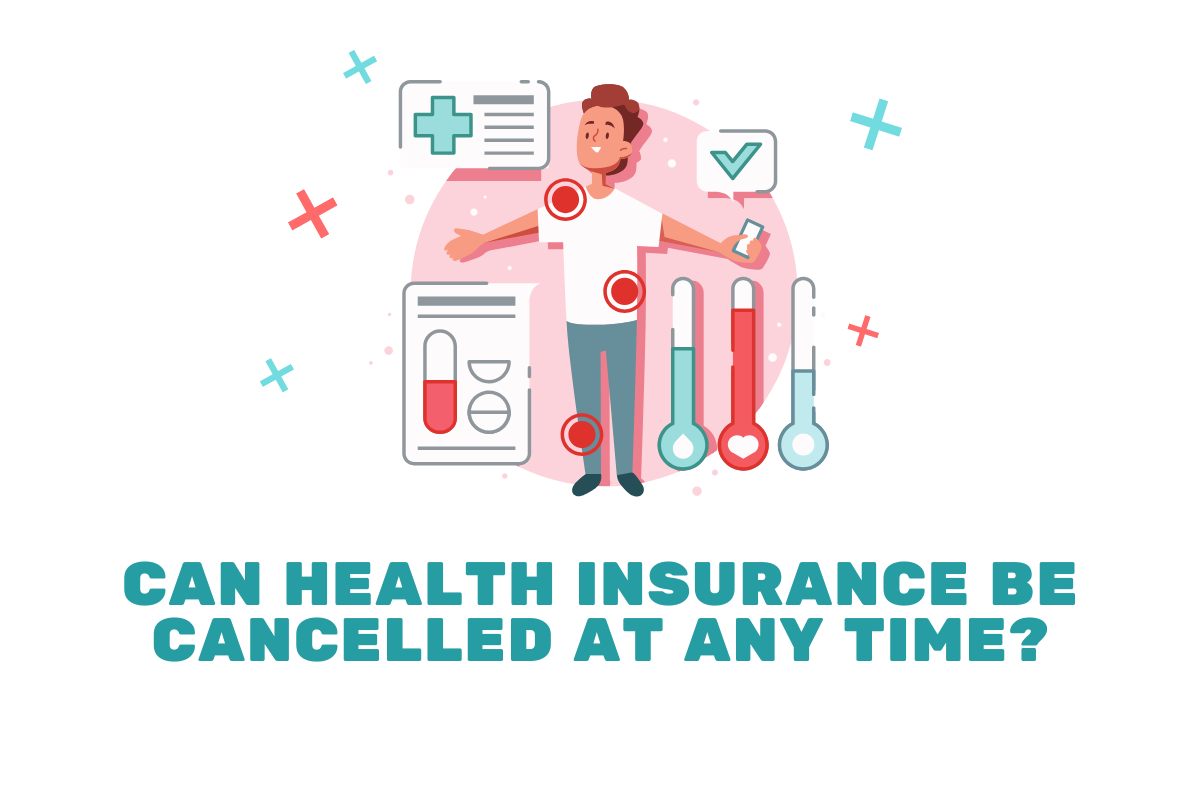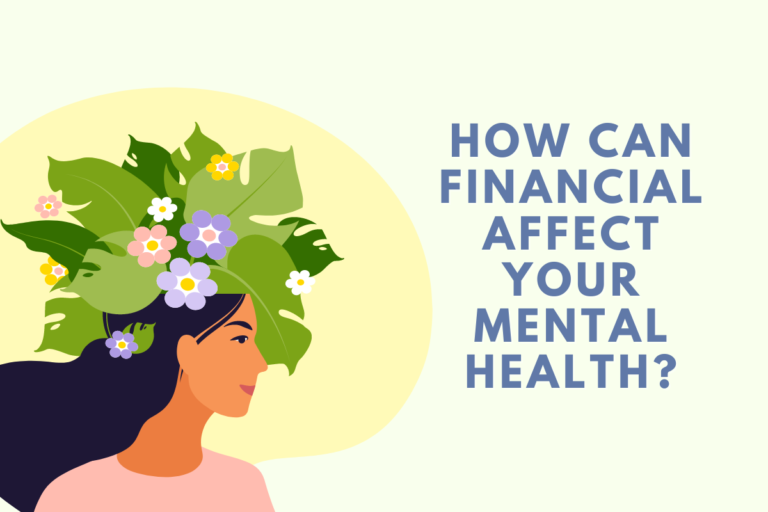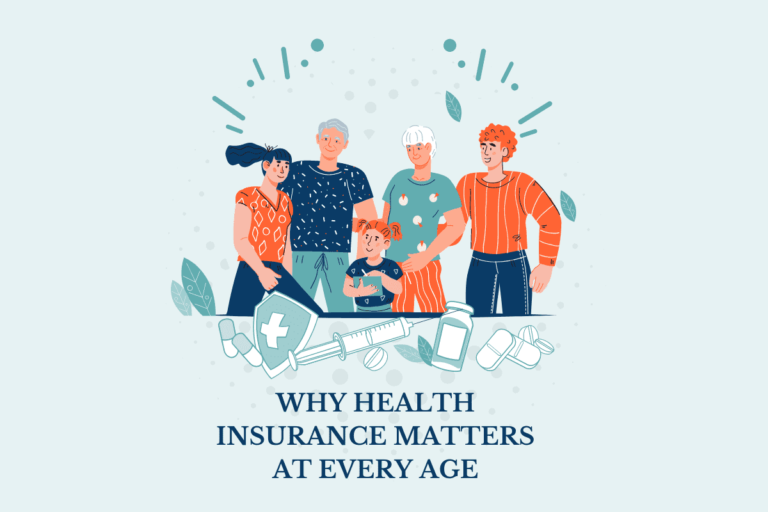Can Health Insurance be Cancelled at Any Time?
Health insurance provides a financial safety net in times of medical emergencies. But what happens if your circumstances change and you no longer need your current plan? Can you cancel health insurance at any time? The answer, like many things in insurance, depends on the type of plan you have and the specific terms of your policy.
This article dives into the world of health insurance cancellation, exploring the factors that influence your ability to cancel and the potential consequences. We’ll also explore alternative options to consider before completely canceling your coverage.
Types of Health Insurance and Cancellation Rules
There are two main categories of health insurance in the United States:
- Employer-sponsored plans: These plans are offered by your employer and typically cover a group of employees.
- Individual plans: You purchase these plans directly from an insurance company on the Healthcare Marketplace or through a private insurer.
The cancellation rules for these two categories differ:
-
Employer-sponsored plans: Generally, you cannot cancel employer-sponsored health insurance at any time. You can typically only make changes to your coverage during open enrollment periods, which usually occur annually. However, there are exceptions. You may be able to cancel your plan outside of open enrollment if you experience a qualifying life event (QLE) such as:
- Marriage or divorce
- Having or adopting a child
- Loss of job (including voluntary or involuntary termination)
- Gaining eligibility for Medicare or Medicaid
- Moving to a new location where your employer’s plan isn’t offered
-
Individual plans: You typically have more flexibility to cancel individual health insurance plans. Here’s a breakdown of the key factors to consider:
- Free-look period: Most individual plans come with a free-look period, which is usually 10-30 days from the date you receive your policy documents. During this period, you can review the plan details and cancel your coverage for a full refund if you’re not satisfied.
- Cancellation outside the free-look period: After the free-look period ends, you may still be able to cancel your plan, but you likely won’t receive a full refund. The amount you get back depends on your insurer’s cancellation policy and how long you’ve had the plan. Some plans may charge a cancellation fee, while others may prorate your premium based on the unused portion of the coverage period.
Important Note: These are general guidelines. Always refer to your specific policy documents for the most accurate cancellation information.
Considerations Before Canceling Your Health Insurance
While you may have the option to cancel your health insurance, it’s important to weigh the potential consequences before making a final decision. Here are some factors to consider:
- Loss of coverage: Canceling your health insurance means you’ll be uninsured. This exposes you to the full financial burden of any medical bills you incur.
- Potential for future insurability: If you develop a pre-existing medical condition after canceling your plan, you may face difficulty obtaining new coverage in the future.
- Restarting coverage: Depending on your situation, you may not be eligible to enroll in a new plan outside of open enrollment periods. This could leave you with a coverage gap.
Alternatives to Canceling Your Health Insurance
Before completely canceling your health insurance, consider these alternative options:
- Reduce your coverage: Explore plans with lower premiums or higher deductibles. This can help you save money while still maintaining some level of coverage.
- Change your plan type: Consider switching to a Health Maintenance Organization (HMO) or Preferred Provider Organization (PPO) plan. These plans often offer lower premiums but may have limitations on your choice of doctors and hospitals.
- Seek government assistance: If you qualify, you may be eligible for government programs like Medicaid or the Children’s Health Insurance Program (CHIP). These programs offer low-cost or free health insurance coverage.
Conclusion
Canceling health insurance can be a tempting option if you’re looking to save money. However, it’s crucial to understand the potential consequences before making a decision. Carefully consider your circumstances, explore alternative options, and review your specific policy cancellation terms. Remember, having health insurance provides peace of mind and protects you from unexpected medical expenses.






